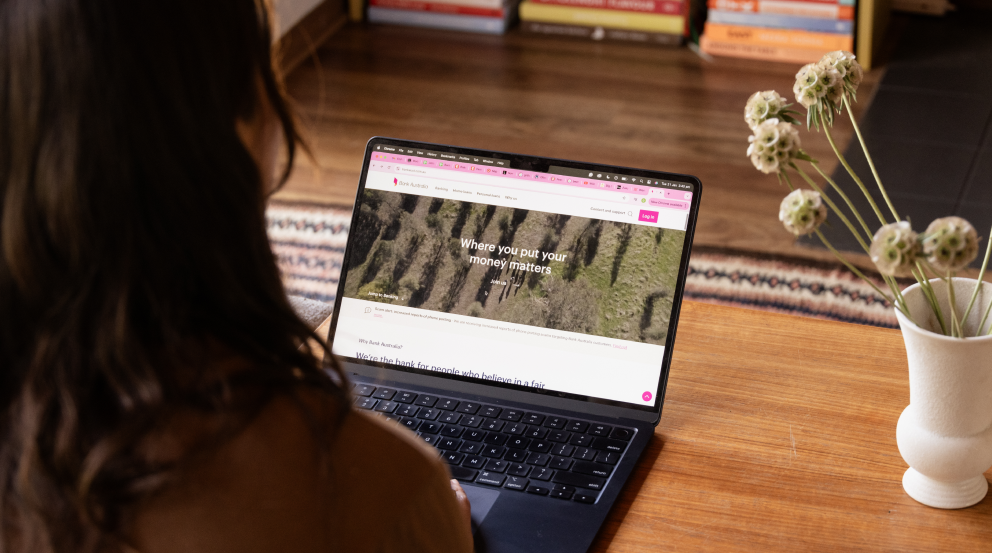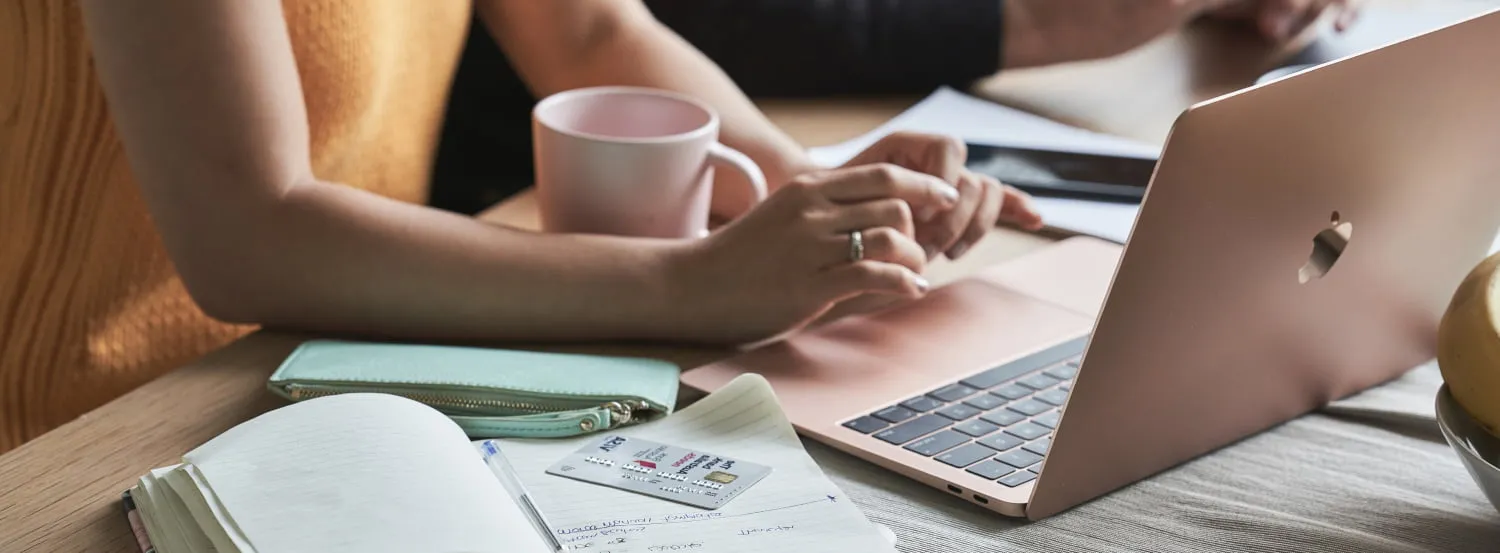Buying your own home is a significant financial decision – in fact, it can be one of the most important investments that you’ll make in your lifetime. And while owning your own home comes with the emotional joy, it’s important to take note of some key facts about home ownership.
1. Can you realistically afford to buy?
The first thing you need to figure out is whether you have the ability to buy a home and whether you can afford to make the repayments based on your current budget, not the maximum amount a bank might lend you. Even if you’re on a decent wage, this might change in the future, so ensure your budget has room for change and think with your head, not your heart, to ensure you pick a home that fully fits your finances.
Check out our home loan borrowing power calculator and our budget planner for help.
2. Get your finances into good shape
When the time comes to making the purchase, you’ll want to make sure that your finances are in order. In other words, any existing debt is consolidated and is being successfully paid down, plus you have healthy savings habits and a great credit history. This will help you qualify for the right loan that meets your needs and leave you with some money for additional expenses once the property becomes yours.
3. Initial property prices aren’t the only upfront costs
Know that the price you pay for your new home won’t be the only cost you have to consider. You’ll also need to cover other purchase-related fees, such as stamp duty, conveyancing fees, building and contents insurance and property valuation fees. Speak to an advisor about the full range of costs you’ll be expected to pay and get a clear picture of what your closing costs might look like.
4. Home ownership is a long-term commitment
Owning a home is generally a long-term investment for most people. And it isn’t just about the mortgage repayments over the term of your home loan. It’s also about the longer-term maintenance commitments – from fixing broken gutters to decorating the interior or renovating or upgrading for better functionality or use of space. It's best to try and get a full picture of any of these changes you may make to understand what your new home could cost you over time.
5. Interest rates and property values can go up and down
If you’re thinking of a variable rate mortgage, be mindful of the fact that interest rates can fluctuate over time and this can change how much your your mortgage repayments are. What’s more, property values can go down, as well as up, which can affect future sales’ prices and any profit you make.
Considering these key things will help create a smooth and manageable home ownership journey over the short and long term.
For more information, visit Bank Australia's Home Buyer hub for tools and tips on buying property.
About the author
Russell Ward is a professional business writer who has been published in The Huffington Post, The Telegraph, CEO Magazine, Global Living, Mamamia and Thought Catalog.
Please note that this article is not financial product advice and does not take into account any person’s individual objectives, financial circumstances or needs.



.png)




